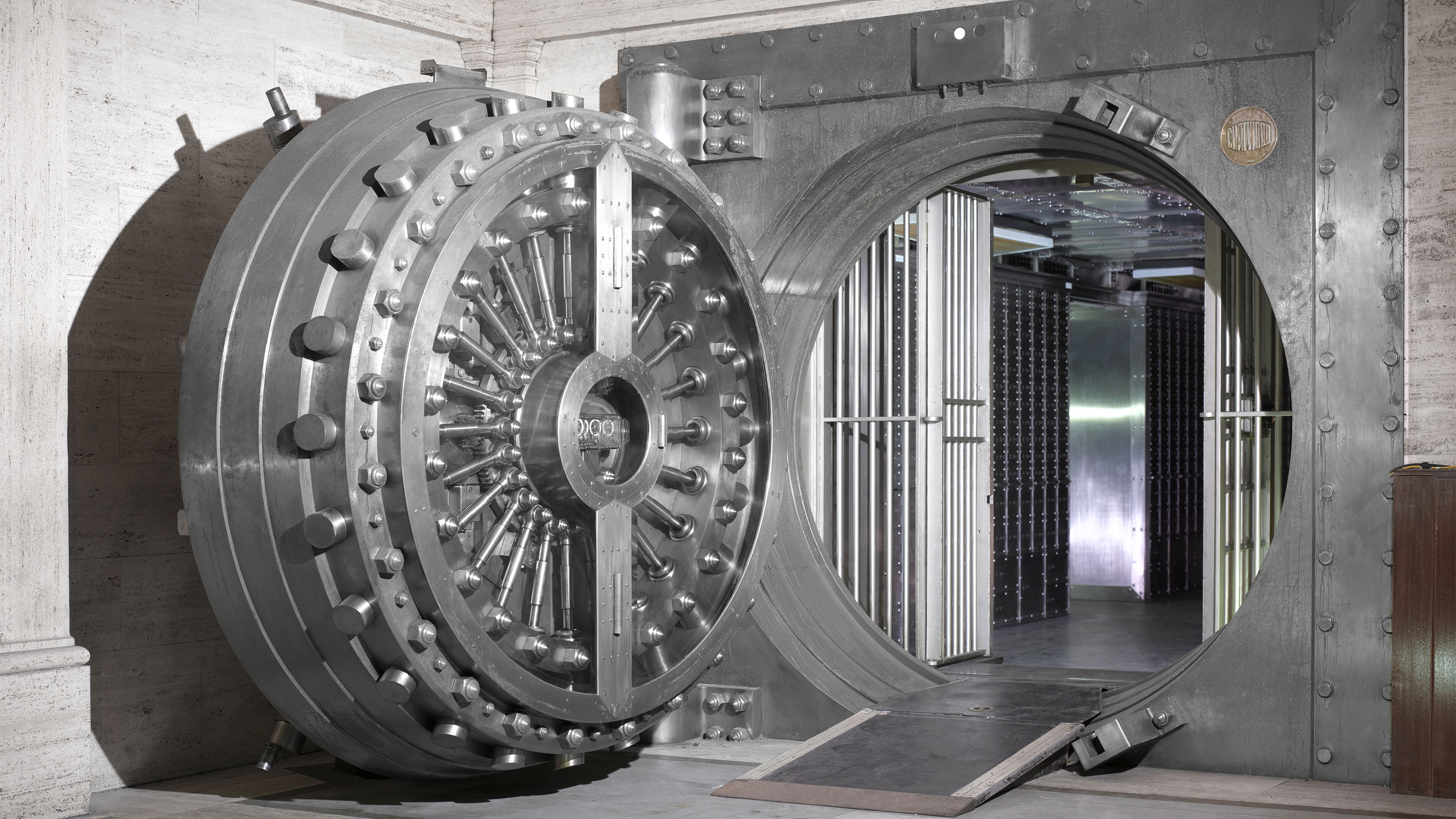
The IRS allocated some of its funding from the Inflation Reduction Act to tax enforcement, and tax-evading millionaires and billionaires are targets. The agency has already closed approximately 175 delinquent tax cases, resulting in a $38 million payday for the U.S. government. With billions of dollars of potential IRS funding on the line (some of which Republican lawmakers have clawed back), the agency is motivated to continue tax collection efforts against the wealthy, and the IRS is nowhere near done.
According to IRS Commissioner Danny Werfel, the recently collected $38 million in taxes from the wealthy is “just the start.”
Tax Enforcement for Millionaires
Any taxpayer can face an IRS audit, but the IRS has its sights set on wealthy taxpayers who refuse to pay up (or falsify their tax returns), such as millionaires and billionaires buying Bentleys (as happened in a case cited by the agency) instead of paying their tax bills. And now that the IRS has the funding to better identify wealthy tax evaders, millionaires that “bend the tax rules” should beware.
Millionaire Tax 'Loopholes’
With its new funding, the IRS is digging into some common scenarios some wealthy taxpayers use to evade big tax bills, which include (but are not limited to) the following:
- A taxpayer claiming residence in Puerto Rico (without actually having real residency there).
- A taxpayer claiming exemptions based on treaty rules between the U.S. and Malta.
- A taxpayer failing to file tax returns but making luxury purchases (such as Bentleys and other luxury cars).
The IRS also plans to allocate resources to identify taxpayers who illegally move assets into offshore accounts, including Malta personal retirement scheme transactions, to hide taxable income.
Chances of an IRS Audit
IRS audits of wealthy taxpayers dropped in recent years, according to a 2022 report from the U.S. Government Accountability Office (GAO). But the IRS attributed this drop to a lack of resources. That’s partly because conducting audits of wealthy taxpayers’ tax returns requires more time and agents than auditing “every day” tax returns. (The IRS has recently come under fire for auditing some taxpayers more than others.)
Now that the IRS has more staff and money to dedicate to auditing millionaires, wealthy taxpayers’ chances of an audit could increase. Although, since IRS audit rates of wealthier taxpayers have historically been low, it's hard to know what an increased audit rate for those taxpayers will look like.
And while the IRS is focusing enforcement on the wealthy, non-millionaire taxpayers are still subject to audits. Taxpayers can reduce audit risk by avoiding common IRS red flags, such as failing to report income and claiming excessive tax write-offs on Schedule C.







